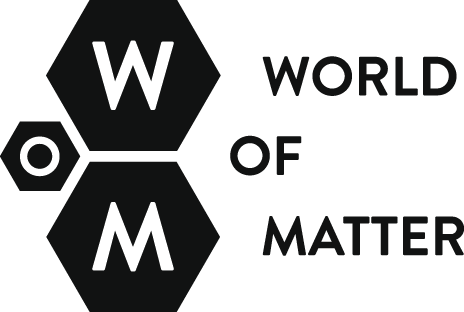Chapter 03: The problem of the Indian
Artist/Author: Paulo Tavares
Excerpts from interview with ecologist, activist and writer Esperanza Martinez, and from interview with Luis Macas, Kichwa politician and scholar, founder member of CONAIE - Confederation of Indigenous Nationalities of Ecuador. CONAIE’s archive images of the indigenous mobilization of 1992 in Ecuador against commemorations of the 500-year anniversary of the “discover of the Americas” by Columbus. The emergence of indigenous peoples as decisive actors of emancipatory politics in Latin America is debated in relation to classic notions and categories of the revolutionary Left. Non-human Rights as a critic to the idea that humanity is the exclusive subject of oppression and liberation – “what about the other?” – an ethics of alterity.


